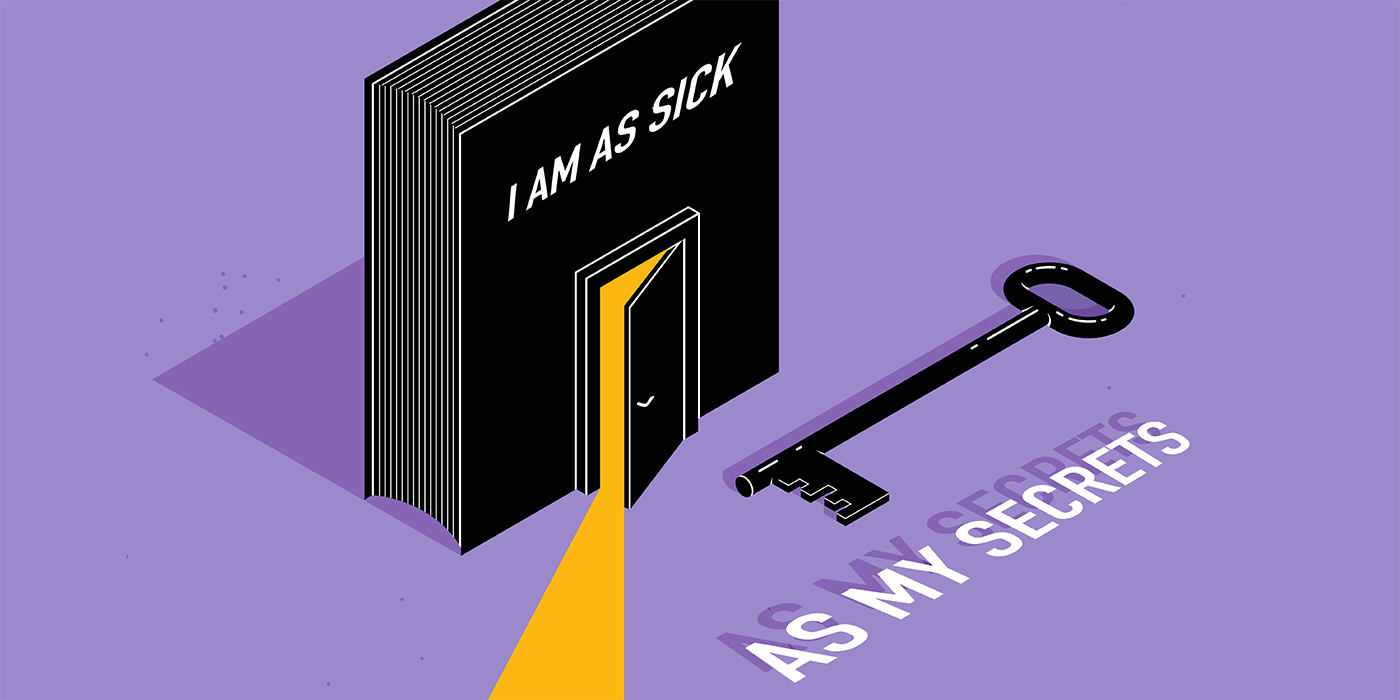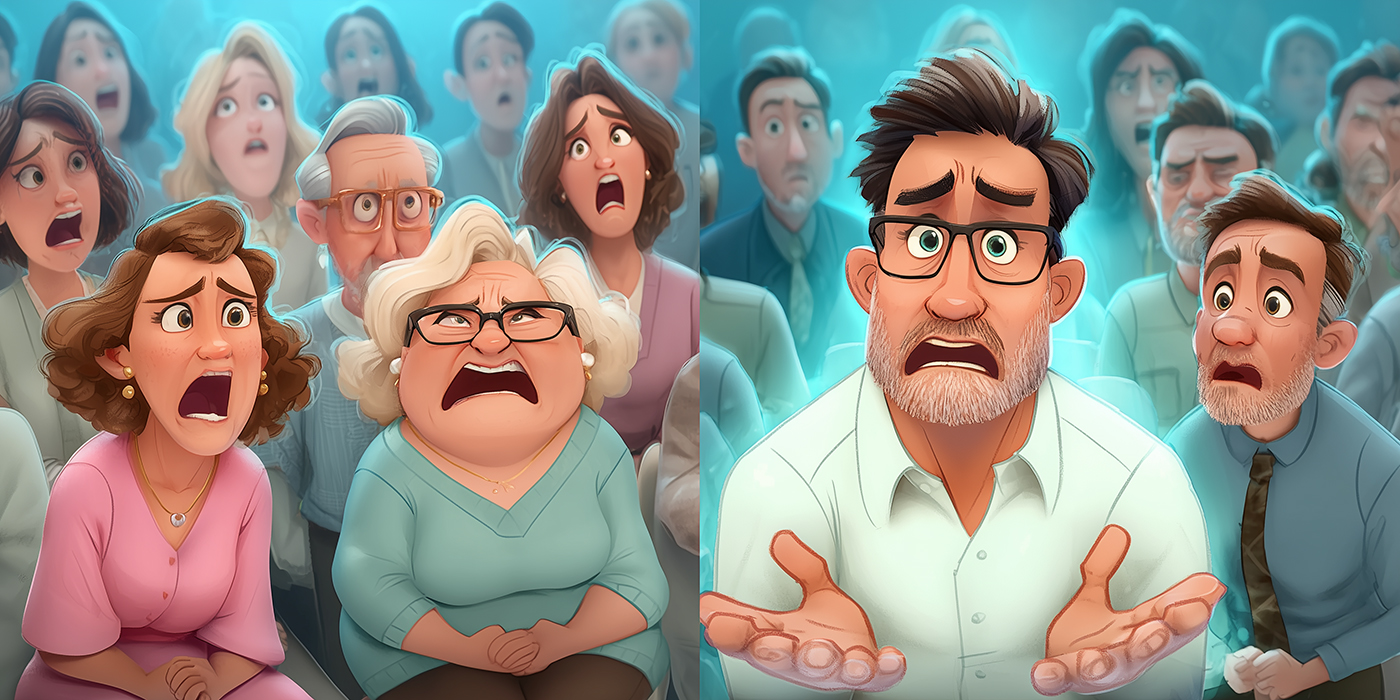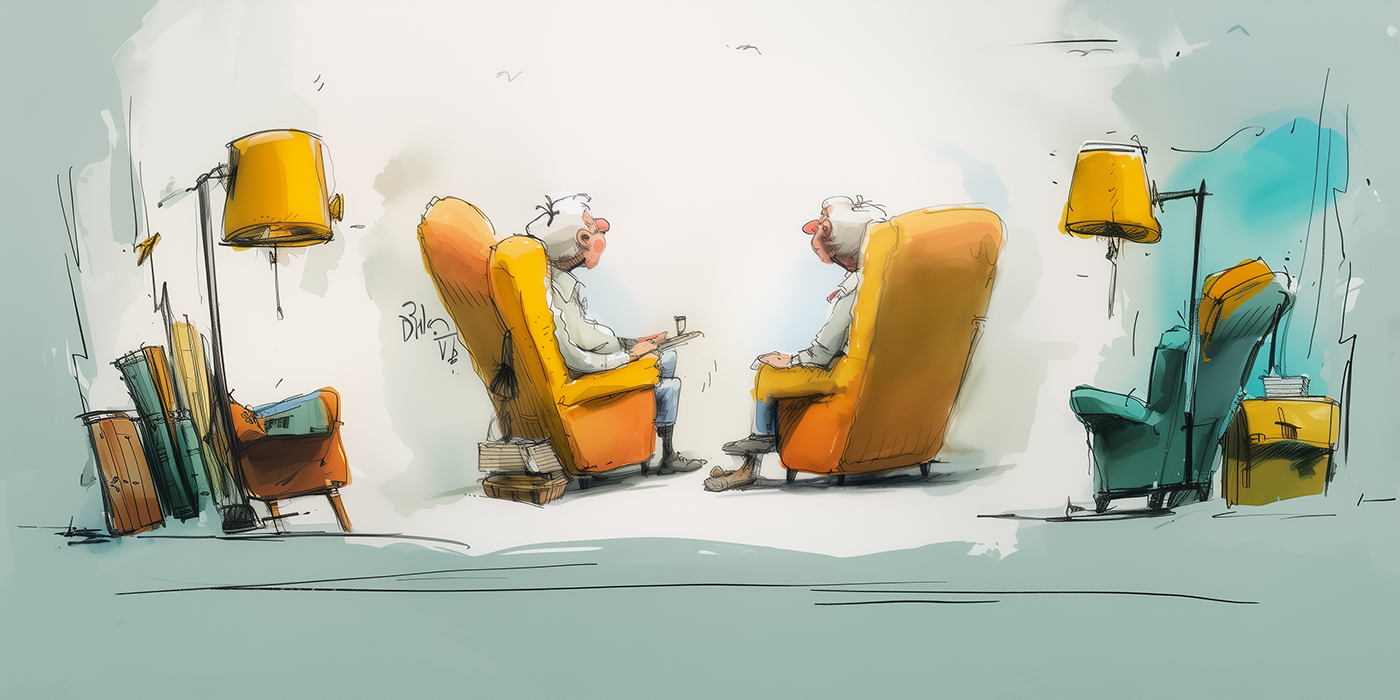
Before coming into SA, I didn’t believe that lust was a big deal for me. I had masturbated all my life, sometimes using pornography. When my addiction was in full swing, I was acting out with other men four to six times a month. I was living what I thought was a successful double life—on one hand a successful educator, father, husband, and church leader, and on the other a committed sex addict. I could lean into the stressors of career, family or church, and seem to others to be wise and a courageous leader. But later, I would relieve the emotional pressure by acting out sexually. Except for the burdensome guilt and shame, the pattern seemed to be working.
I realized in September 2017 that I could no longer live with the tension between my true self and my addict. The addict was growing stronger and stronger and often overwhelmed what was left of the rest of me. If I didn’t do something, the addict would consume any good that remained. So, I disclosed my double life to my wife and two sons, started an aggressive sex therapy program and began attending SA meetings.
My therapist said I needed to “dry out”, no sex for at least ninety days. I lasted almost four months. It was negative sobriety, each of those days, and it was based solely on fear: fear that I would lose my wife, my sons, my grandson, my friends, and my reputation. I was white knuckling it the whole time. I wanted sex badly, but I feared that one slip would result in a loss of everything that was important to me. My lack of true surrender and continuing resentments toward others took me spiraling back down into regular masturbation.
For nearly two years, I thought I could handle masturbating once in a while. I didn’t put myself on a schedule, but I believed I was regulating my sexual appetite appropriately. The downside was that I had to reset my sobriety date and report it at SA meetings; I was attending three meetings a week by now. To appease my ego, I often said, “Grateful to be here today,” instead of giving the date on which I had last masturbated. I was disgruntled with SA for taking such a hardline on sobriety. What I didn’t realize at the time was that my behavior was fanning the coals of a smoldering lust addiction.
I received a wake up call from my Higher Power on Friday, March 13th. I had a freak cycling accident and broke three vertebrae in my neck. C1 was completely broken in two places, and doctors reported that I should have been dead or at least paralyzed from the neck down. The weeks that followed the accident provided a lot of time to think as I was pretty much immobilized by the halo brace I had to wear.
What was God doing? Why was I still alive? What would my life be like if I was paralyzed from the neck down? Two months after the accident, I realized that the things I needed to do to manage the pain and recover from my biking accident were just a fraction of what I needed to do to get sober. So I decided that, in addition to physical recovery, I’d double down on addiction recovery. I started 90 meetings in 90 days, arranged Step work meetings with my sponsor and started making phone calls to other members.
I hate phone calls. I’m uncomfortable with the long pauses. I don’t want to share honestly about how lust is such a big part of my life. I’m embarrassed to admit how I objectify my own body. I dislike starting the conversation with that one thing that I don’t want to talk about. But, I make calls anyway. I put in my calendar the names of men I’m going to call that week. At the present, I call several on a weekly basis. Now, a few of them beat me to the punch and call me before I have a chance to call them. I’m only as sick as my secrets. Talking to other sexaholics helps me maintain a positive sobriety.
God saved my life on March 13, and he continues to save my life day by day as I walk the path of recovery. Positive sobriety is my compass, giving direction to my life. The longer my stretch of sobriety, the more fine tuned my lusting detector becomes. I begin to feel what is really going on inside. I can see the comfort and joy in others and begin to experience them for myself.
The section on Withdrawal in the SA Whitebook (page 33-34) talks about sobriety this way.
“Sobriety involves a new and unfamiliar way of life, like driving in a foreign country without knowing the language or customs. Only this is a whole new inner terrain. Without the drug, we begin to feel what's really going on inside. It takes time to adjust to all this, and the support of others in the fellowship is vital. Journeying this new road together helps take the fear out of withdrawal. We see that others who have gone before us have discovered that sex is truly optional, once they surrendered lust and the expectation of sex. And their comfort and joy are genuine; they are neither abnormal nor deprived.”
I am grateful to God that he has saved my life twice, once as a cyclist and now as a recovering sexaholic.
Tim K., USA




